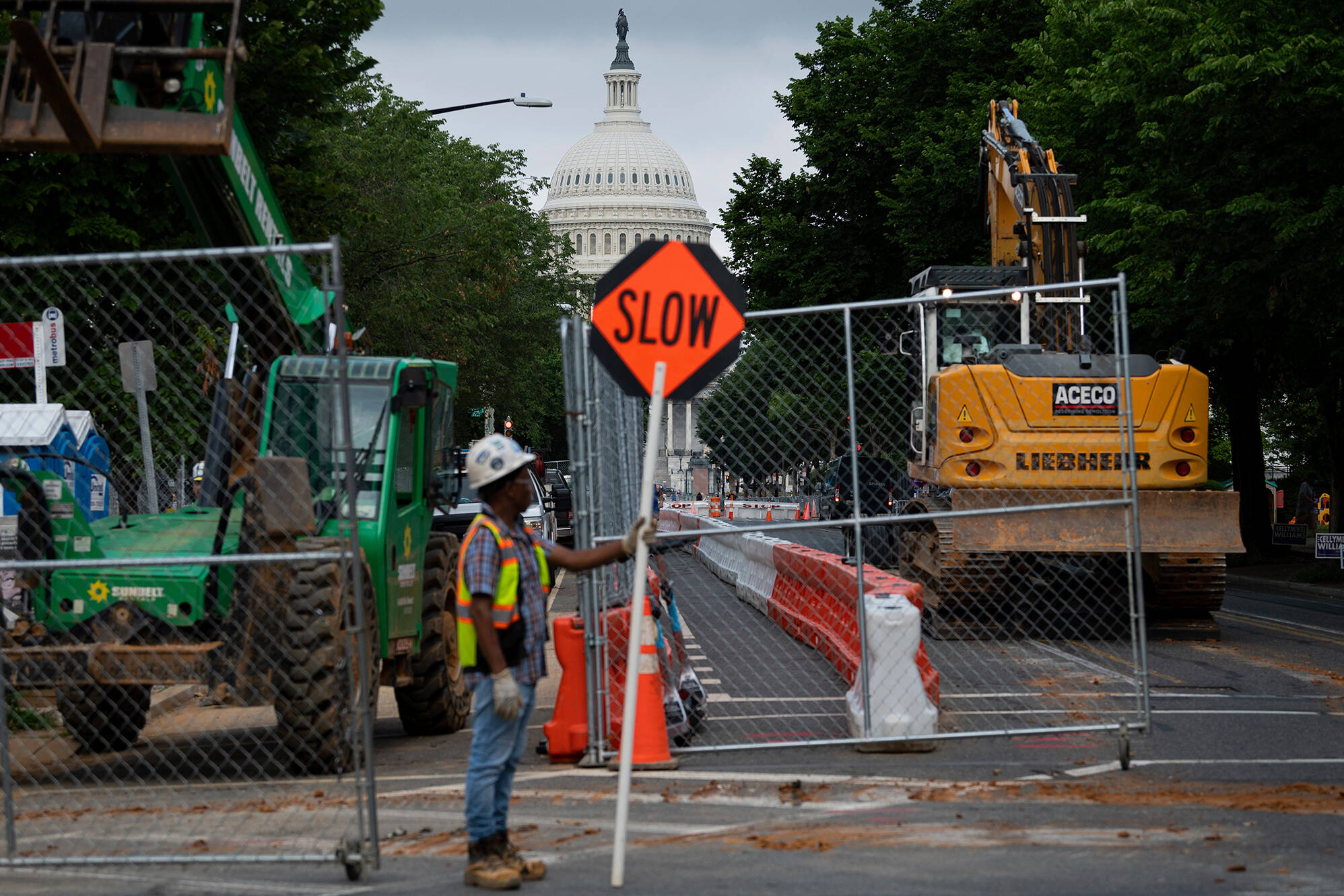The filibuster is one of the few mechanisms forcing genuine bipartisanship in Washington D.C.
As with most things in politics these days, the U.S. Senate filibuster has become a favorite punching bag for whichever party finds itself momentarily in power. Yet this procedural rule deserves to be defended.
In the Senate, most legislation requires 60 votes to advance (with a few notable exceptions, like the budget reconciliation process that was used to recently pass President Trump’s One Big Beautiful Bill). The filibuster allows senators from the minority party to delay or block a vote on a bill, resolution, or other debatable issue. This tradition of unlimited debate means that even if a bill has the support of a simple majority of 51 senators, it can still be prevented from moving forward.
Without the filibuster, each party would ram through its agenda during brief windows of unified control, only to see those laws reversed when power inevitably shifts. This legislative whiplash would create chaos for American businesses, families, and communities trying to plan for the future.
Consider the alternative, if the filibuster was removed. A simple majority Senate would operate like the U.S. House of Representatives, where the majority party controls everything. Major policy changes affecting healthcare, taxation, immigration, and social programs could swing wildly every couple years. The resulting instability would be far worse than the current frustration over gridlock that the filibuster provides.
Critics argue the filibuster enables obstruction and prevents progress on urgent issues. This criticism has merit but misses a crucial point: what one side views as essential progress, the other often sees as dangerous overreach.
Sen. Susan Collins (R-ME) had the following to say in defense of the filibuster: “It is crucial that we work together and find common ground on the issues that matter most to the American people. Changing long-standing Senate rules to benefit one political party would discourage efforts to forge consensus and only serve to reinforce bitter partisan divisions.”
Former Sen. Joe Manchin (D-WV) stood up for the filibuster despite immense pressure from his own party to dump it, writing in a Washington Post Op-Ed: “Every time the Senate voted to weaken the filibuster in the past decade, the political dysfunction and gridlock have grown more severe. The political games playing out in the halls of Congress only fuel the hateful rhetoric and violence we see across our country right now.”
Manchin would probably agree that things have only gotten worse since writing that in April 2021.
The filibuster forces both parties to slow down, negotiate, compromise, and craft legislation that can withstand scrutiny from multiple perspectives. Laws passed with broader support tend to be more durable and legitimate, as well as more popular.
Furthermore, and perhaps most importantly to No Labels, the filibuster’s mere existence encourages moderation and bipartisanship. Knowing they need 60 votes, senators are incentivized to craft bills that can attract some opposition support rather than catering exclusively to their base. This produces more thoughtful, stable, and hopefully more representative legislation.
Those who advocate eliminating the filibuster or want to use it as a political tool against the other party, should remember that they won’t always be in the majority. The filibuster isn’t perfect, but it remains a vital guardrail against the dangers of unchecked majority rule.
Related
Lynn Schmidt
Lynn Schmidt holds a bachelor of science in nursing from the University of North Carolina at Greensboro and a masters of science majoring in political science from the University of Nebraska-Omaha. She is a freelance columnist and editorial board member with the St. Louis Post-Dispatch and a monthly contributor to The Fulcrum. Lynn lives in St. Charles, Missouri with her husband and two daughters.




